A Troubling Discovery at Chesil Beach
Recently, walkers and volunteers working with the Weymouth & Portland Marine Litter Project unearthed shocking evidence of the real dangers of abandoned fishing gear: dead foxes and birds found along Chesil Beach. While details are still emerging, this tragic find serves as an urgent reminder that discarded hooks, lines, and lures pose lethal threats to wildlife.
Image: WPMLP
Image: WPMLP
Who’s Behind the Clean-Up Effort?
The Weymouth & Portland Marine Litter Project (WPMLP) is a Wyke Regis–based Community Interest Company dedicated to reducing pollution along Dorset’s coastline—stretching from Osmington to Chickerell, including Chesil Beach, Portland Harbour, Weymouth, and the Fleet Lagoon
As part of their outreach, they run a targeted Angling Project, collaborating with anglers to host clean-up events and promote responsible tackle disposal.
Why Lost Fishing Tackle Is More Than Just Litter
Fishing equipment may seem harmless once it washes ashore—but it’s anything but. Wildlife can become entangled in line, be punctured or blinded by hooks, or ingest dangerous materials. For mammals like foxes and coastal birds, a single misstep in a tangled line can be fatal.
What WPMLP Is Doing—and How Anglers Can Help
The WPMLP Angling Project employs a simple but effective three-pronged approach:
- Take 5 Scheme
Anglers are encouraged to spend just five minutes per visit picking up at least five items of litter—including old hooks and line. - Tackle Bins for Safe Disposal
Strategically placed along popular angling spots, these bins allow for secure disposal of hooks, lines, and lures—ensuring they don’t end up on the beach. - Line Recycling Initiative
Collected tackle is sent to the Anglers National Line Recycling Scheme, turning potentially harmful waste into recyclable materials.
How Anglers Can Make a Real Difference
- Always pack out your tackle: Don’t leave hooks or lines behind—especially in high-tide zones or rocky areas where wildlife can easily stumble into them.
- Use WPMLP’s tackle bins when available.
- Join a WPMLP clean-up or organize your own—even just taking five minutes can make a difference.
- Spread the word: Share the message with fellow anglers and visitors to Chesil Beach.
Chesil Beach forms part of a Site of Special Scientific Interest (SSSI) and is designated as a Special Protection Area for birds, among other protections Wikipedia. This coastline is already under pressure from human activity—and every abandoned hook or tangled line only adds to the threat facing mammals, endangered birds, and fragile habitats.
The sight of dead foxes and birds should serve as a wake-up call to the fishing and local communities alike. By adopting simple habits—like using tackle bins, participating in clean-ups, and properly disposing of gear—you help protect the beautiful, vulnerable ecosystems of Chesil Beach. Let’s make sure our love for the sport doesn’t come at the cost of the wildlife we share it with.



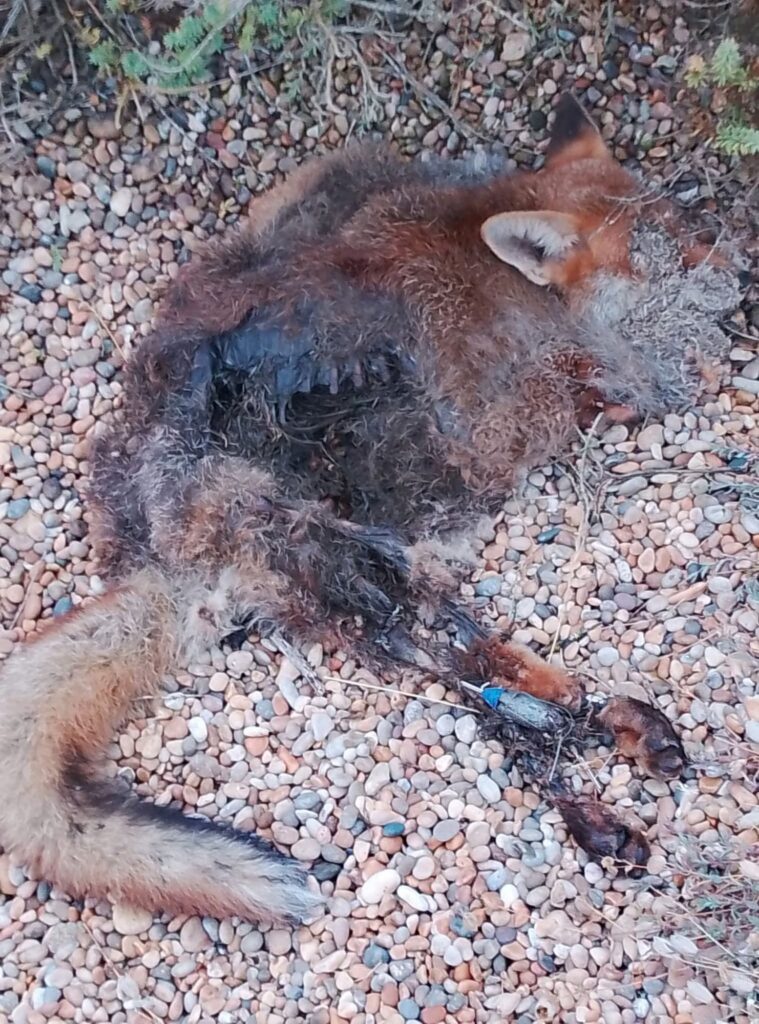
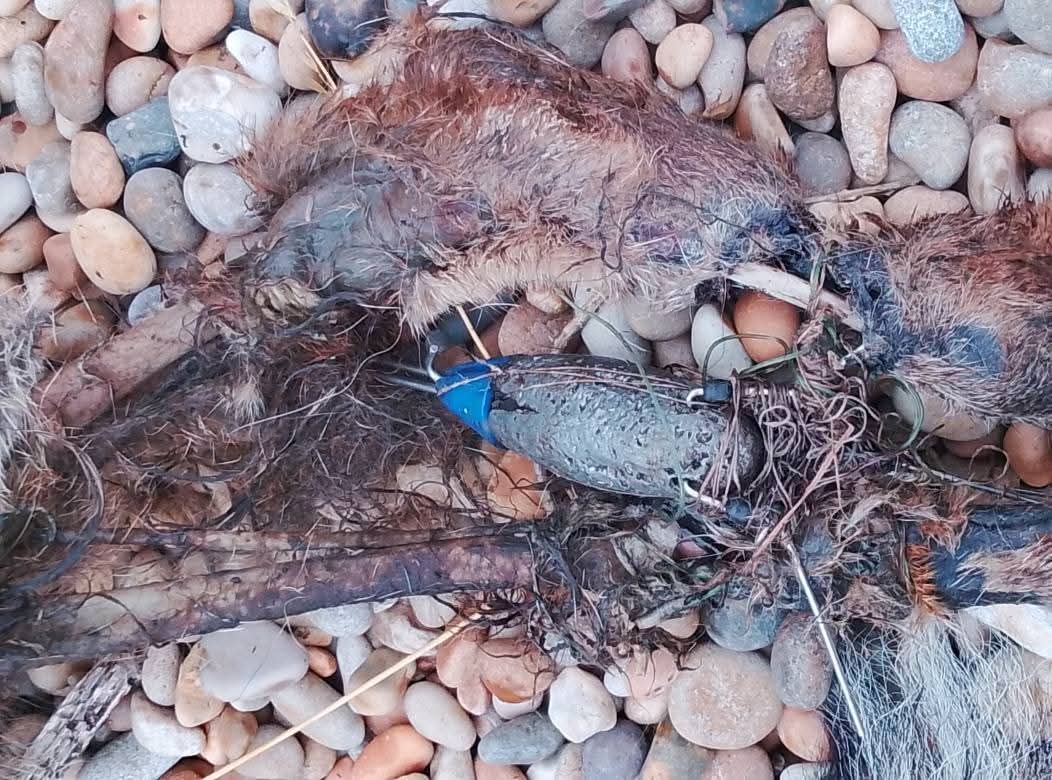





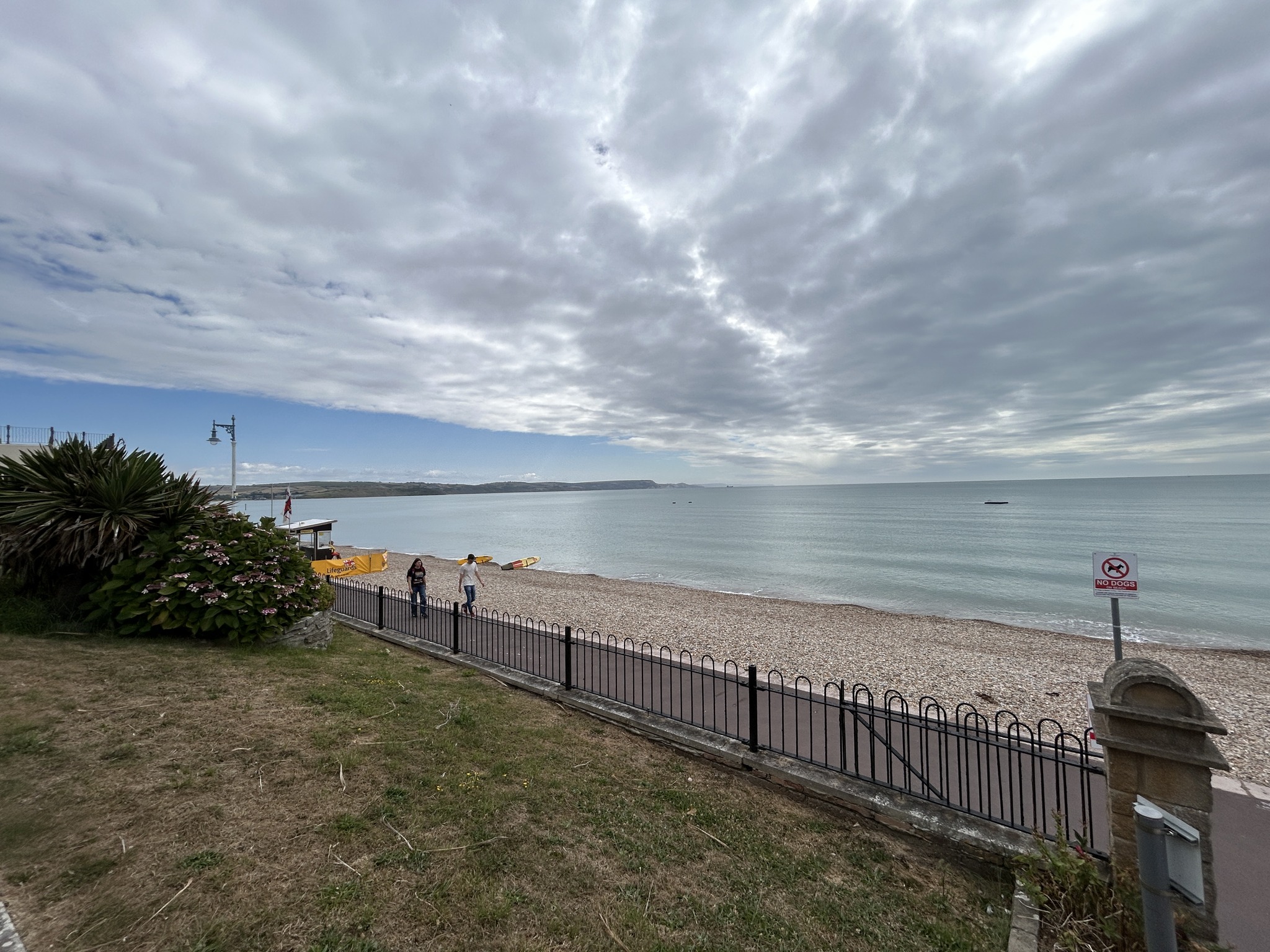
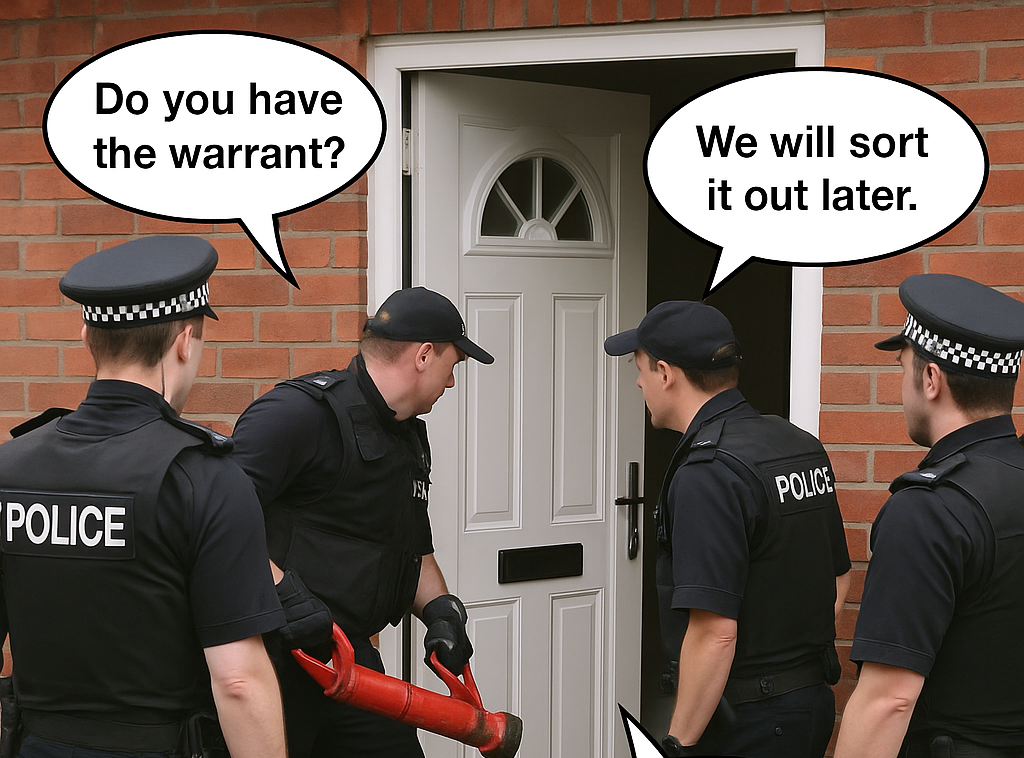
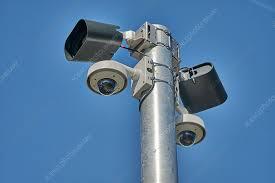
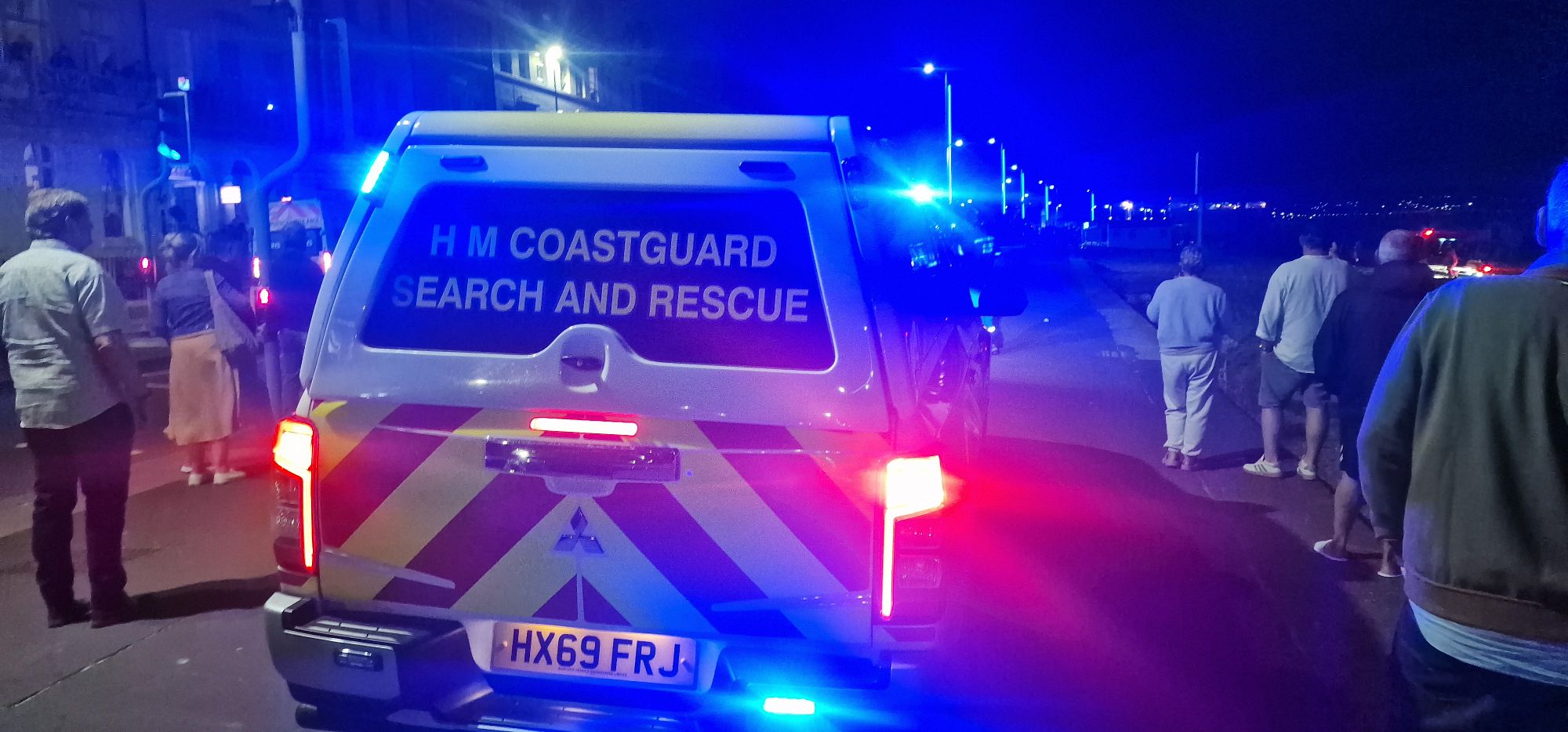

Leave a Reply